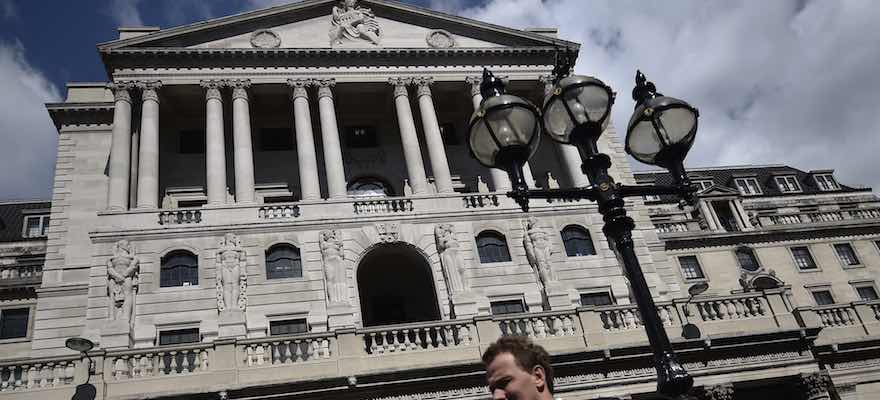Andrew Bailey, Bank of England’s Governor, expressed his skepticism towards the security of stablecoins to become a regulated form of money, suggesting that central bank digital currencies (CBDC) meet that requirement.
According to Reuters, citing Bailey’s words before the House of Lords’ Economic Affairs Committee, stablecoins do not provide enough stability to the economy in the future of digital Payments . “Is it going to evolve to some world of (asset-) backed stablecoins which has money-like features which could be regulated? I must say I am skeptical about that. Or, is the better contribution, particularly to financial stability, to say the better alternative to that may be a central bank currency of digital form?” the BoE’s Governor commented.
Specifically, the concerns on how stablecoins can be considered a secure means of payment or money were sparked by announcements of tech giants like Facebook. In this case, lawmakers are concerned about privacy matters and the financial stability factors attached to the technology behind stablecoins. “We do not see this as the Bank of England moving into the retail bank account business through a central bank digital currency,” Bailey stated.
Global Regulators on Stablecoins
Regulators from other countries have recently issued statements on their views about stablecoins. For example, Tharman Shanmugaratnam, the Chairman of the Monetary Authority of Singapore (MAS), opened the doors in October for the cryptocurrency industry to develop in the country if it is regulated. He noted that digital assets like stablecoins could have a ‘useful’ role in future finance.
Furthermore, the US Treasury Department had reportedly instructed in a report to the US Securities and Exchange Commission (SEC) that it would have enough legal power over stablecoins like Tether (USDT). Therefore, the regulator could be greenlighted to establish a series of guidelines on how to police these tokens. This step taken by the US authorities could be part of the efforts to establish a clearer framework to regulate the cryptocurrency industry in the country.


















